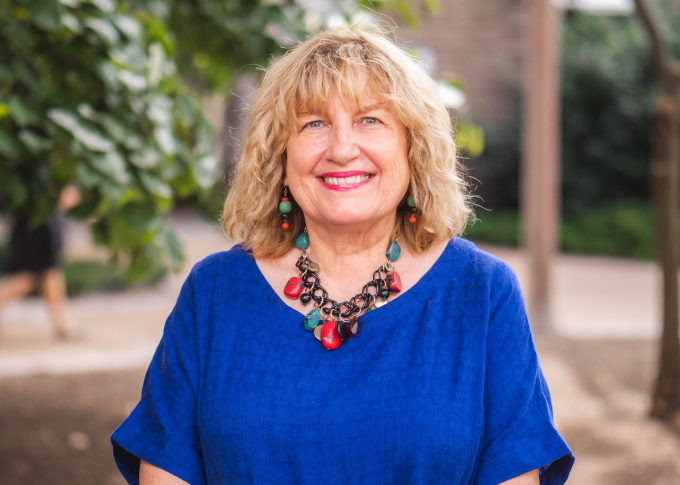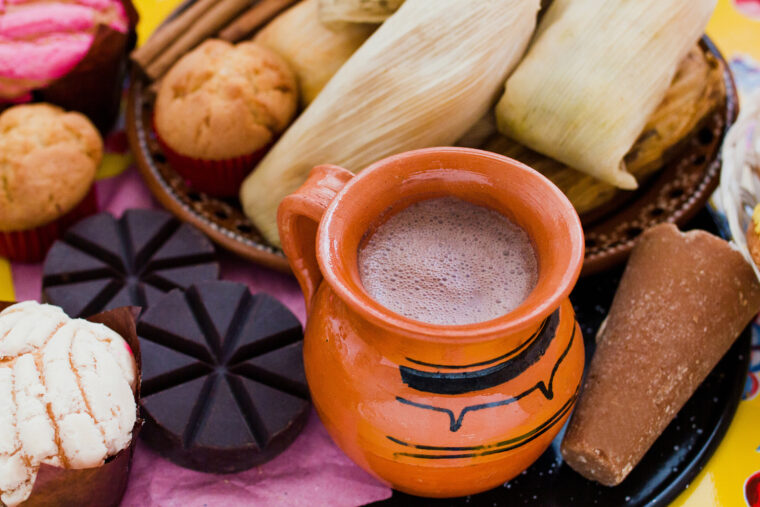An undergraduate Spanish course provides a taste of Latin American literature and history.
When Elzbieta Sklodowska, PhD ’83, began her WashU teaching career in the early 1990s, she mostly taught sprawling survey courses that led students from pre-Hispanic culture up to contemporary literature. This fall, she’s guiding undergraduates through a similar range of eras and materials, but with a delicious twist. Her fall 2024 course “Not a Piece of Cake” centers on culinary encounters throughout Latin American history.
“I’ve been here forever,” Sklodowska, the Randolph Family Professor of Spanish in Arts & Sciences, says with a smile. “In recent years, we switched towards more topical approaches. For me, it’s a kind of a repackaging. Under perhaps a more attractive guise of topics — such as cities or food or love or mystery — you still get a lot of the historical overview of how literature, visual arts and film have evolved.”
Sklodowska came to appreciate the history of food through her own research. Her most recent book focused on Cuba in the 1990s, a moment of economic crisis when the Soviet Union withdrew its support from the smaller socialist country. Sklodowska devoted two book chapters to food, cooking and hunger in this so-called “Special Period.”
“It was something that I wanted to incorporate into my courses,” Sklodowska says. “I thought that this is something that students will relate to, and, at the same time, it’s a topic that is really interdisciplinary.”

Most of the 20 students in “Not a Piece of Cake” are seniors minoring in Spanish. The focus on food allows them to bring their knowledge from other subject areas like sociology, psychology, political science, economics, pre-med and anthropology into class discussions — all while honing their language skills. The course is held entirely in Spanish, and students lead many of the group activities.
